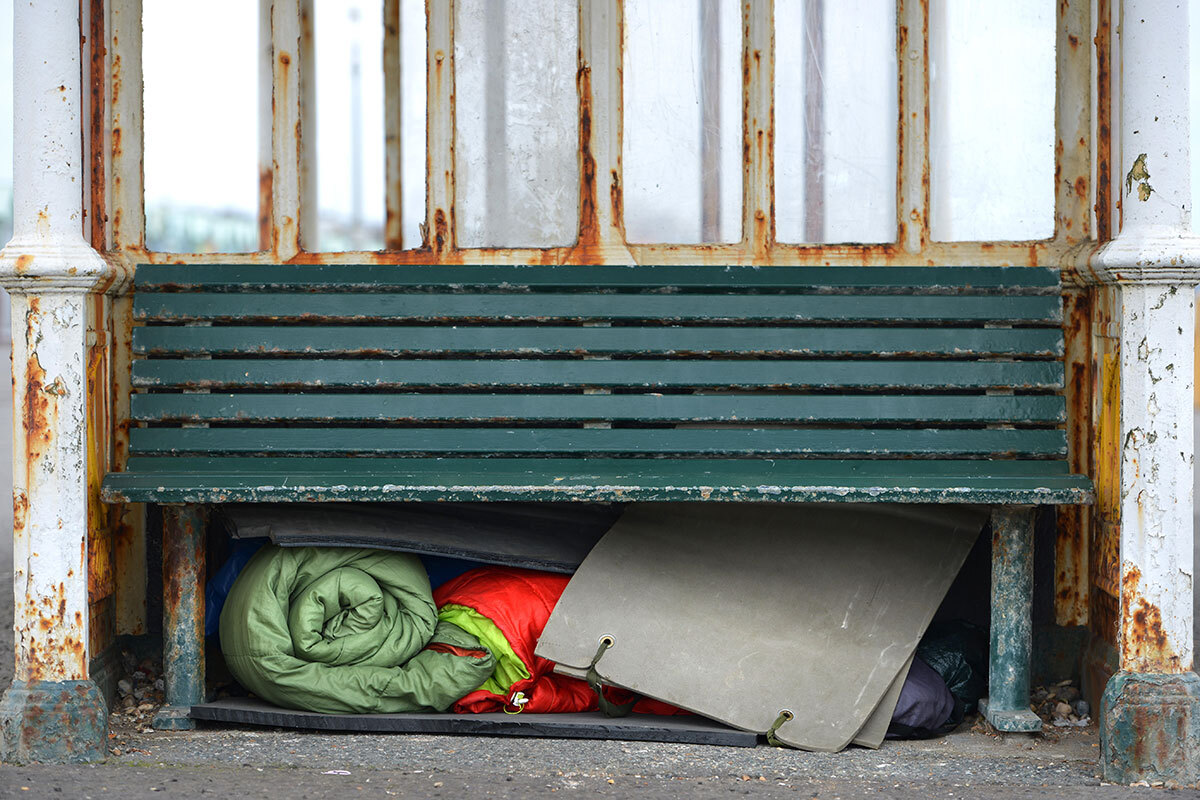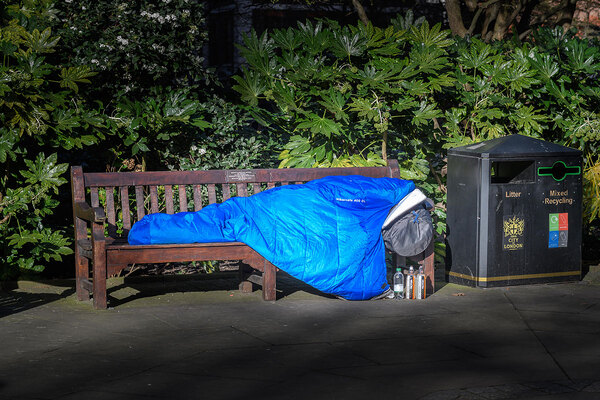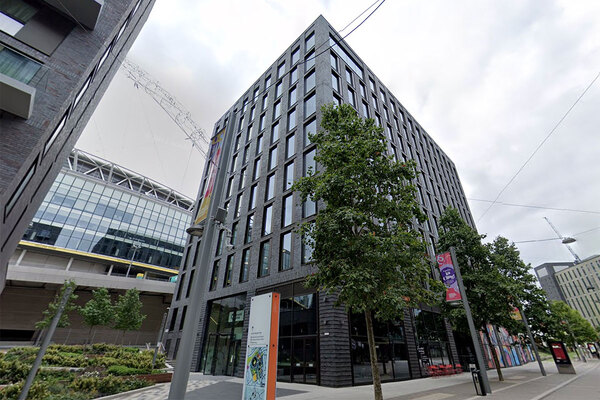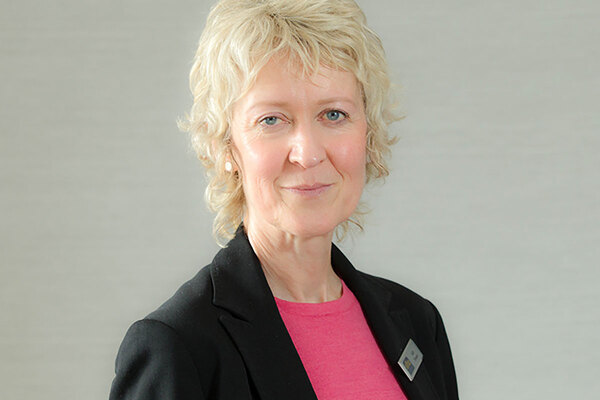Councils: unfreeze LHA to prevent extra 60,000 homeless Londoners by end of decade
Councils across London have added to calls for ministers to raise Local Housing Allowance (LHA) after new research suggested that tens of thousands more could become homeless if the rate remains frozen.
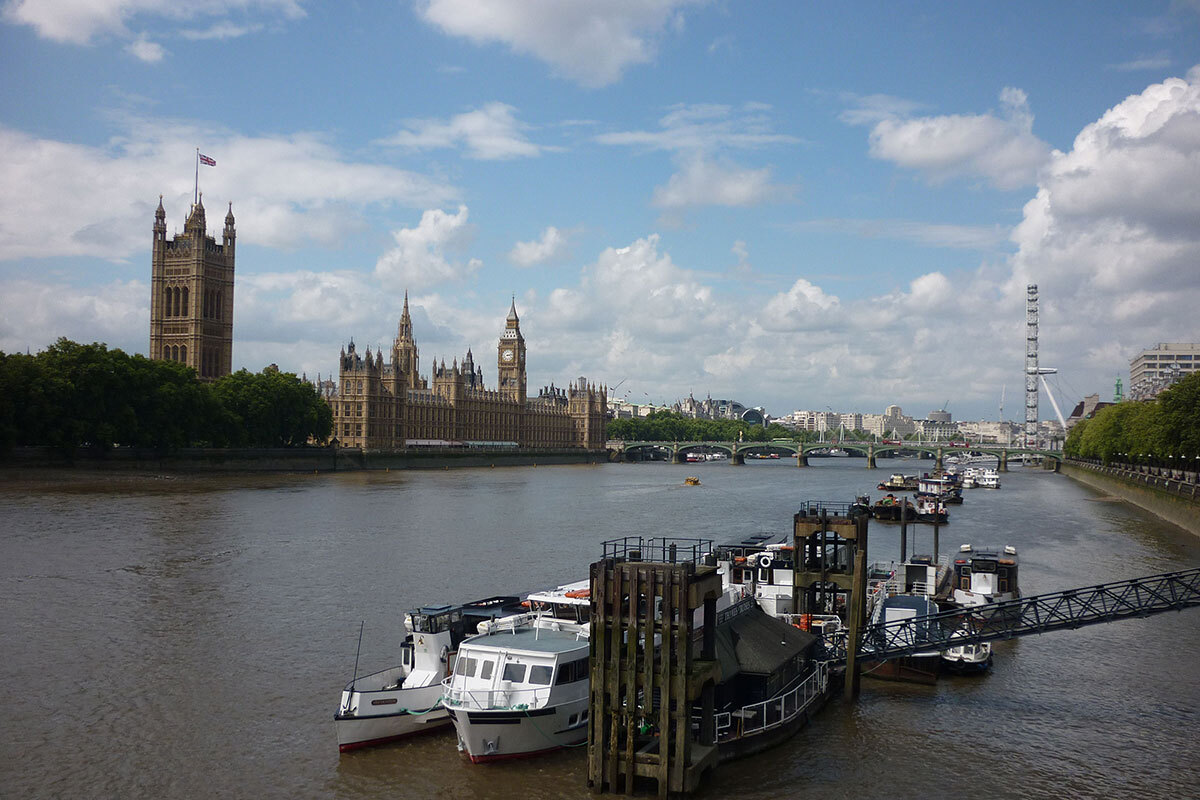
A total of 58,740 people – including 28,000 children – currently living in private rented accommodation will be homeless by 2030 if LHA is not increased, according to research for the cross-party group London Councils.
One in seven private renters in the capital are currently reliant on LHA to meet their housing costs, according to latest government figures.
LHA is awarded to eligible private tenants as part of housing benefit or Universal Credit payments to cover housing costs.
The findings come ahead of this month’s Autumn Statement, while the fall-out continues from home secretary Suella Braverman’s controversial proposal to criminalise the use of tents by people sleeping rough.
The ask to increase LHA was also made during an emergency summit in October attended by more than 100 councils that met to discuss the financial crisis facing local authorities over soaring demand for temporary accommodation.
The research by Alma Economics, on behalf of London Councils, suggests that restoring LHA to cover at least 30% of local market rents would save the capital’s public finances more than £100m annually.
The savings would come from reduced pressure on London boroughs’ homelessness services and lower costs to the NHS and social care, the group said.
Darren Rodwell, executive member for regeneration, housing and planning at London Councils, has highlighted how raising LHA was “vital” to tackle the “unsustainable” situation around the capital’s homelessness problem.
He said: “London is the epicentre of the national homelessness crisis. The situation is increasingly unmanageable and requires urgent government action. We cannot continue in this disastrous direction.”
But the government maintains that LHA rates are not intended to cover all rents in all areas.
The warning by the cross-party group comes after Inside Housing last week reported the largest quarterly increase in people forced to sleep rough in London since the pandemic.
During the pandemic the government raised LHA in an effort to stop homelessness growing.
London has more than half (57%) of England’s total number of homeless households in temporary accommodation, according to the group.
Figures from London Councils, which represents the capital’s 32 boroughs and the City of London Corporation, show that almost 170,000 Londoners are currently homeless and living in temporary accommodation arranged by their local authority – equivalent to around one in 50 Londoners overall and one in 23 children in the capital.
Ahead of this year’s Budget in March, the Chartered Institute of Housing warned that the government’s failure to unfreeze LHA is making rent unaffordable for private sector tenants.
A government spokesperson said: “We’re helping to ease the pressure of rising rents, investing over £30bn on housing support this year on top of record financial support worth around £3,300 per household.
“We’ve also maintained our £1bn boost to Local Housing Allowance while our Discretionary Housing payments provide a safety net for anyone struggling.”
The government pointed out it has provided nearly £1.6bn in Discretionary Housing payments since 2011, and vulnerable households can also apply for other support such as the Household Support Fund which was extended in March.
Sign up for our care and support newsletter
Already have an account? Click here to manage your newsletters
